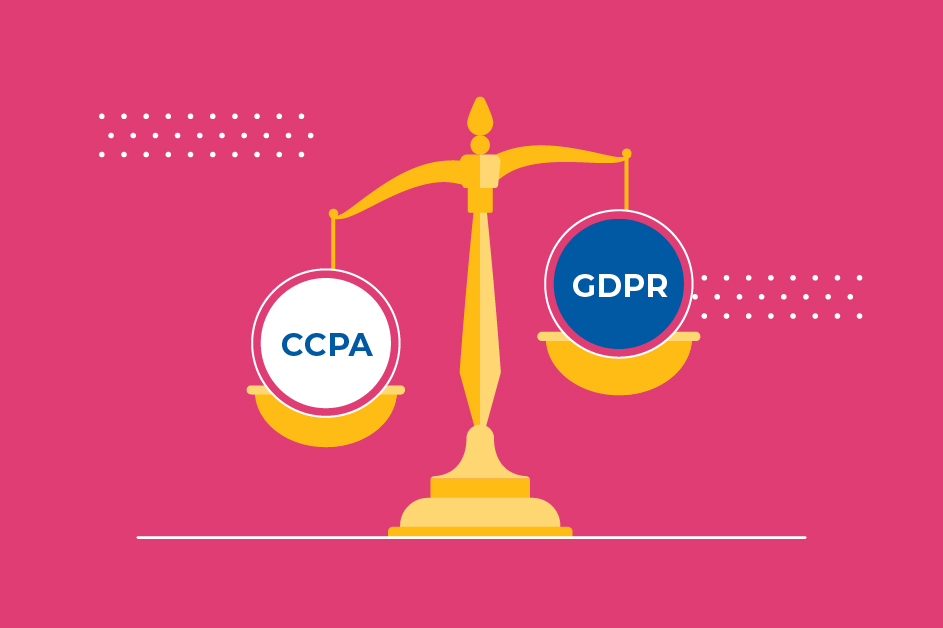#010 Cruise Control

Recent advancements in automotive technology have transformed our vehicles into more than just transportation means. A Gizmodo article recently shed light on this transformation, revealing that our cars are now intricate data collectors. These modern vehicles, as highlighted by Mozilla's *Privacy Not Included project, actively gather a myriad of information, from our daily driving patterns to more intimate personal details. For many, this raises a pressing question: How can we continue to enjoy cutting-edge vehicular innovations without compromising our cherished privacy?
The automotive industry's approach to this dilemma is, at best, murky. For instance, certain brands, like Subaru, subtly categorize passengers as "users," insinuating an unspoken agreement to data collection. This, coupled with often vague data collection practices, underscores a significant gap in transparent communication from car manufacturers.
Moreover, the potential trading of sensitive data by manufacturers to third parties amplifies the call for stringent regulatory oversight. As we navigate this evolving landscape, it's crucial to recognize the balancing act between embracing technological progress and safeguarding our personal data. As consumers, where do we draw the line, and how can we drive change in an industry that holds so much of our personal information?
3 blog post that matter to you this week
Cybersecurity Challenges for Smaller Organizations
Cybersecurity has emerged as the primary challenge for smaller organizations, with a significant 59% identifying it as their top concern. This concern has grown, with 49% more alarmed than just half a year prior. The main threats include network attacks, ransomware, software vulnerabilities, and the use of unsecured networks. However, there's a silver lining: 73% believe that remote employees have improved their security practices over the past year. Given the escalating cyber threats, it's crucial for businesses to prioritize cybersecurity to protect their assets, reputation, and customer trust.

CCPA vs. GDPR for SaaS Companies
Scytale highlights the differences between the California Consumer Privacy Act (CCPA) and the General Data Protection Regulation (GDPR). While both aim to protect consumer data, they have distinct compliance standards and definitions. GDPR, a stringent regulation, applies to any entity offering goods or services to EU citizens, covering all personal data. CCPA, inspired by GDPR, focuses on California residents and has its own set of data protection criteria. For businesses, understanding these laws is crucial to avoid hefty fines and ensure data privacy compliance.
Why it matters to businesses:
Understanding and complying with data privacy laws like CCPA and GDPR is essential for businesses to avoid significant penalties, protect their reputation, and maintain trust with their customers. Non-compliance can result in fines, legal actions, and damage to brand reputation. Moreover, as data privacy concerns grow globally, adhering to these regulations positions a business as responsible and trustworthy in the eyes of consumers and partners.

10 Tips to Become ISO 27001 Certification Ready
ISO/IEC 27001 is an international standard for information security. While not legally mandated, obtaining the certification is crucial for businesses aiming to secure contracts with large corporations, government entities, and security-focused industries. The certification demonstrates a company's commitment to safeguarding information assets, which can reduce audit fatigue and streamline the contracting process.
Why It Matters to Businesses:
ISO 27001 certification is a testament to a company's dedication to information security. It can be a differentiator in competitive markets, especially when dealing with large corporations or government entities that prioritize data protection. Achieving this certification can lead to increased trust from partners and customers, potentially opening doors to more business opportunities.

Have a great week,
The Cycore Secure Team
Cycore Secure partners with organizations to build cyber resilience and ensure compliance. Founded in 2022 and based in Miami, we are a security and compliance firm serving clients globally. Our founding team has decades of experience as security leaders, and compliance experts across highly regulated industries. Cycore Secure offers virtual CISO services , cyber risk assessments, compliance auditing and management for HIPAA, PCI DSS, SOC 2, and third party risk management. Learn more at cycoresecure.com or in our weekly newsletter.


